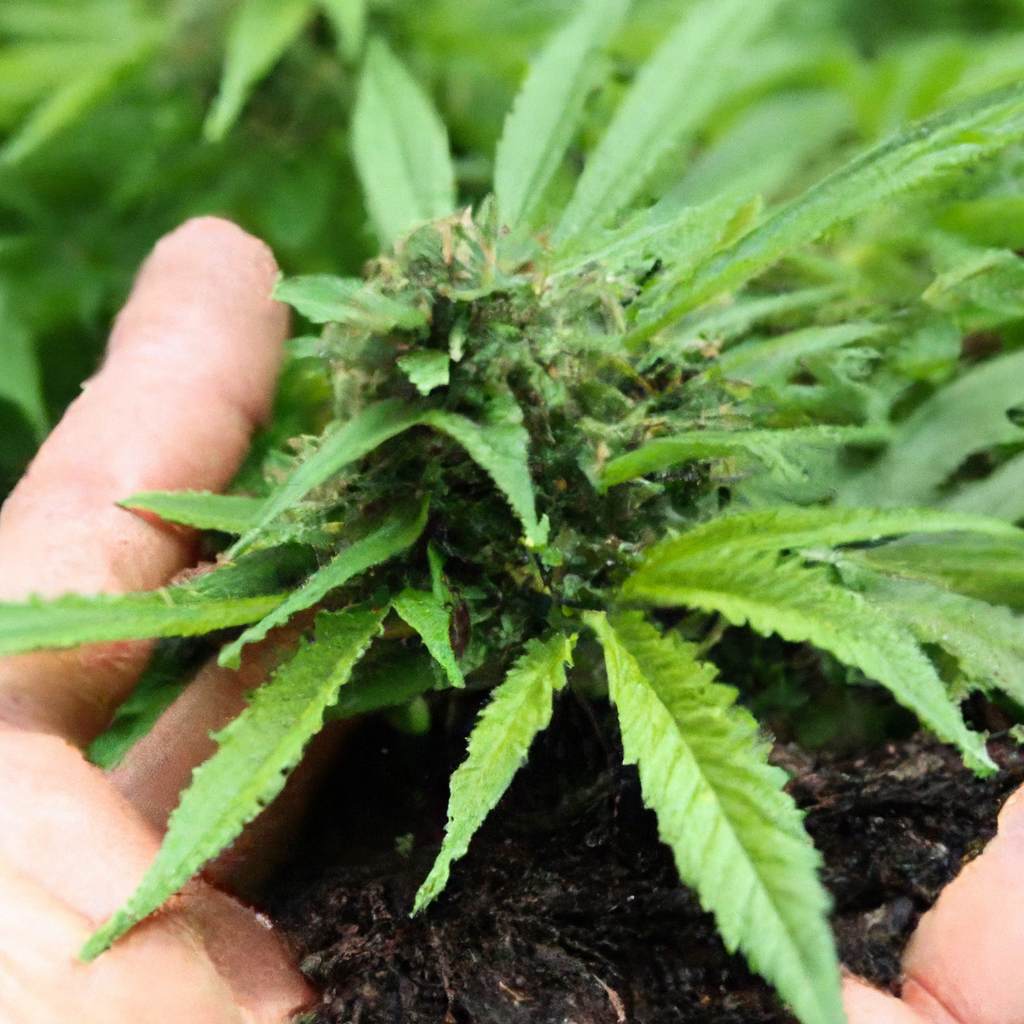Your cart is currently empty!
In the quest to cultivate cannabis sustainably and healthily, growers often turn to organic methods. This approach emphasizes natural fertilizers, composting, and eco-friendly pest control while fostering a flourishing soil ecosystem. Here, we explore best practices for using natural fertilizers in organic cannabis cultivation and the profound benefits they bring to the environment and consumers.
Building a Healthy Soil Ecosystem
Organic cannabis cultivation starts with the soil. A robust soil ecosystem creates a foundation for healthy plants. Focus on techniques like composting, using natural fertilizers, and promoting microbial life to enhance soil fertility.
- Composting: Use kitchen scraps, leaves, and yard waste to create nutrient-rich compost that improves soil structure.
- Beneficial Microbes: Introduce mycorrhizal fungi and bacteria to enhance nutrient absorption and protect plant roots.
- Crop Rotation: Alternate crops each season to balance soil nutrients and prevent pest buildup.
Avoiding Synthetic Chemicals
Embrace natural alternatives over synthetic chemicals to ensure the health of your cannabis plants and the surrounding ecosystem.
- Natural Pest Control: Employ beneficial insects like ladybugs to control aphid populations and implement companion planting for pest deterrence.
- Mulch Techniques: Use organic mulch materials to suppress weeds naturally and conserve soil moisture.
Promoting Sustainability
Sustainable practices not only benefit the environment but also enhance the quality of the cannabis produced.
- Water Conservation: Implement watering techniques like drip irrigation to minimize water usage while maximizing plant growth.
- Renewable Energy: Consider solar power for lighting and heating needs to reduce carbon footprints.
- Recycling: Use recycled materials for plant containers and other growing tools to reduce waste.
Consumer and Environmental Benefits
Organic cannabis cultivation offers numerous advantages for consumers and the environment:
- Reduces chemical residue in the end product, enhancing safety and quality.
- Protects local ecosystems by avoiding harmful pesticides and fertilizers.
- Consumers increasingly value sustainably-grown products, boosting market appeal.
Conclusion
Embracing organic methods in cannabis cultivation not only promotes environmental sustainability but also yields a cleaner, safer product for consumers. By focusing on natural fertilizers, composting, and sustainable practices, growers can cultivate cannabis that is as kind to the earth as it is potent and enjoyable.
Whether you’re a home grower or part of a larger operation, adopting these practices is a step toward a greener future in cannabis cultivation.
Tags: Organic, NaturalFertilizers, Sustainable Practices, Pest Control, SoilHealth
Discover more from Magic Clones
Subscribe to get the latest posts sent to your email.


Leave a Reply